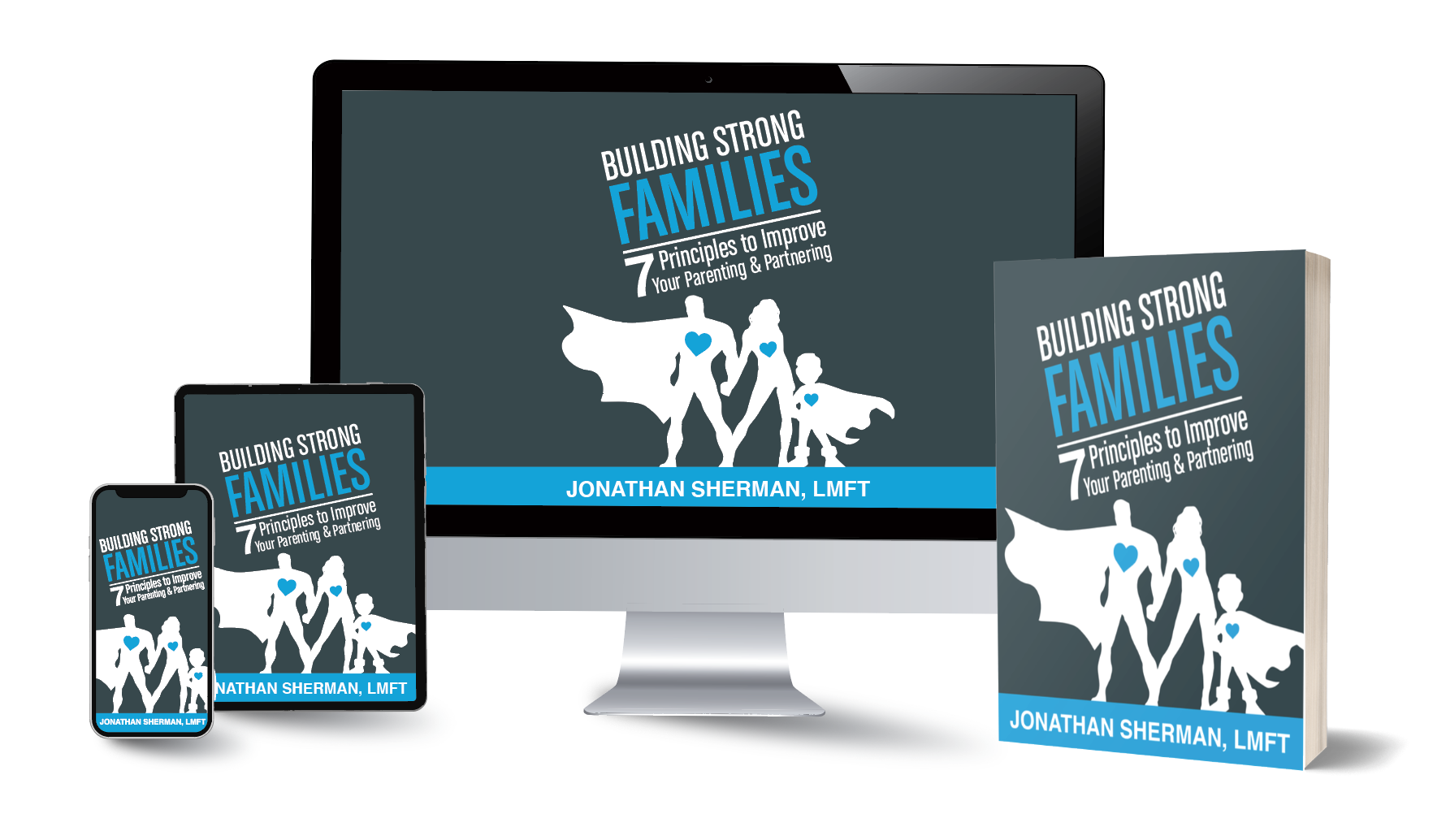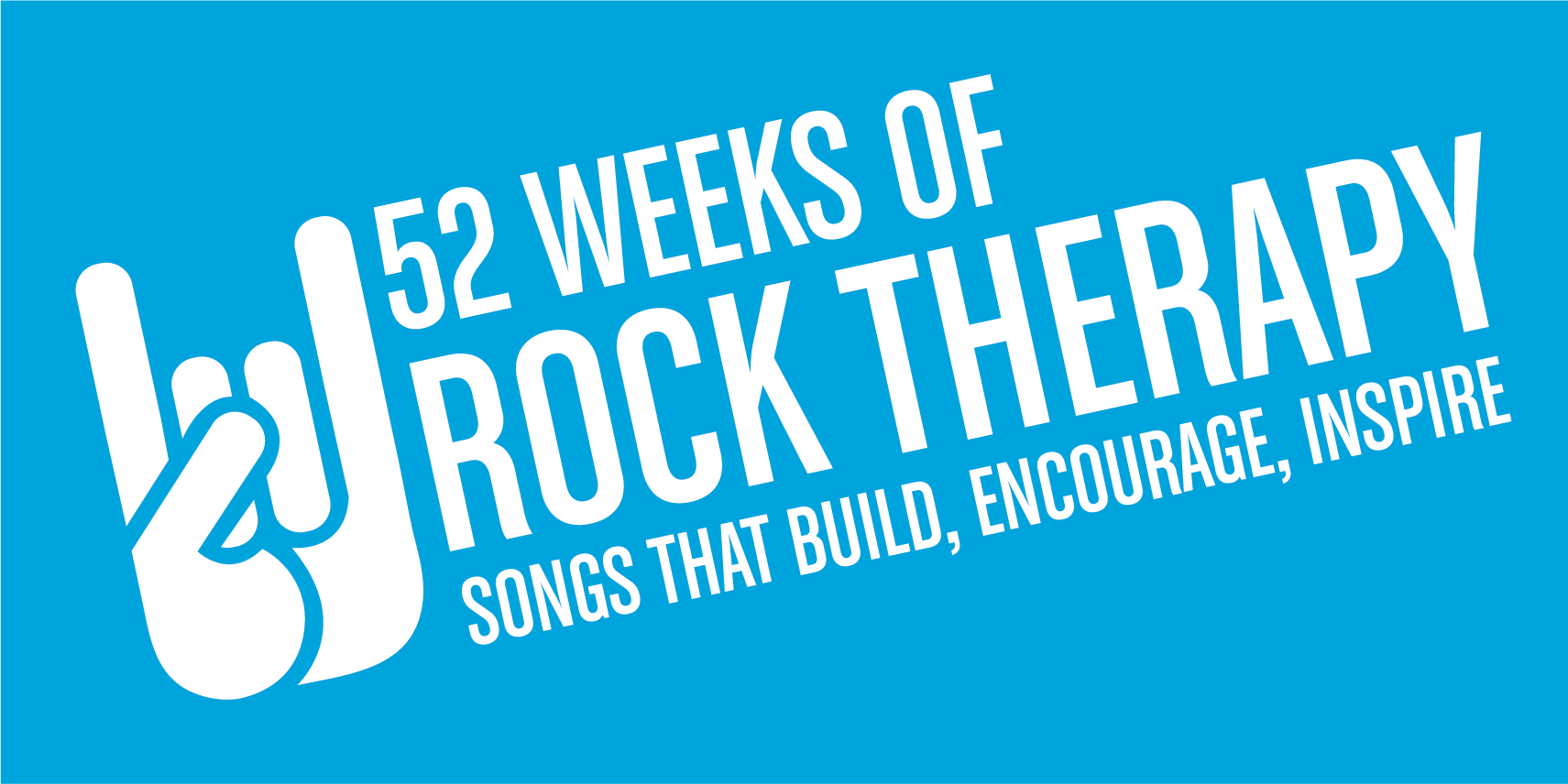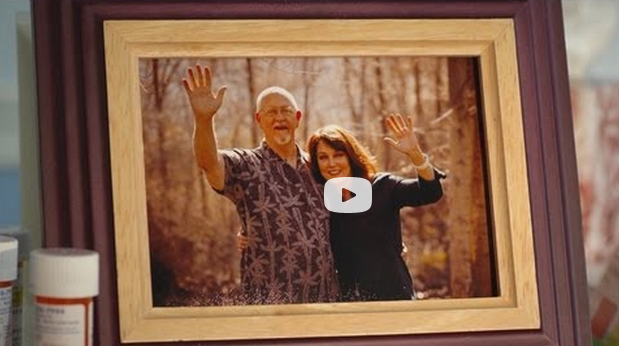The Answers You Get
/The answers you get depend upon the questions you ask.
—Thomas Kuhn, author of The Structure of Scientific Revolutions. He also coined the term "paradigm shift"
So true. Further, the answers you get depend on your willingness to receive. I often remind people to be careful when seeking my advice and counsel: "Do you want the answer you want to hear or that is easiest to hear or do you want the answer you need to hear even if it's hard to hear?"
For example, on one daddy daughter date last year with my teen girl I asked her, "How am I doing as a dad? What can I do better or differently to help you?" The answer I got really surprised me. She said, "Well, you could try to not be so uptight."
My initial thought was, "Me?! Uptight? I'm not uptight. Anyone who knows me describes me as easy-going, relaxed, accepting, low stress, etc. But, uptight?! That would be the last word anyone would use to describe me!"
I could have easily explained to her why I wasn't uptight, given her examples of how how laid back and chill I was in so many situations where others would've gotten "bent," and listed off all the people who know how non-uptight I am. That is typically the type of rejoinder in many people's conversations.
Fortunately, I had prepped myself ahead of time that I wanted a real answer to my question and NOT a censored nor ego-stroking one. Further, it didn't matter if others saw me as the opposite of uptight, I was talking to my daughter and it mattered to me how she felt. So instead of my initial reactive thought, I responded with, "In what way am I uptight, honey? Tell me more. I guess I just don't see that in me, but you do and that matters to me." She then explained her concerns and you know what? She was spot on right! She saw and experienced a facet I that I didn't—a blind side. And blind sides can be dangerous to relationships. I asked her what else, made sure I understood her concerns correctly, thanked her and promised to work on that aspect of uptightness in how it affected her.
A month or two later I asked her how I was doing and the results of her feedback equated to me getting a solid B grade—good work with room for improvement. We were both satisfied: 1. I grew and developed as a person and as a father, 2. Of the only four people on the entire planet who have a legitimate claim to comment on what it is like to be parented by me, she learned that she has a voice in this singularly significant relationship in her life, and 3. Our bond as father and daughter was strengthened just a little bit more.
I hate to think of what we both would've missed out on if 1. I didn't ask the question in the first place, and 2. If I reacted, instead of responding to, the answer.
How about YOU? What helps you listen better?
















































